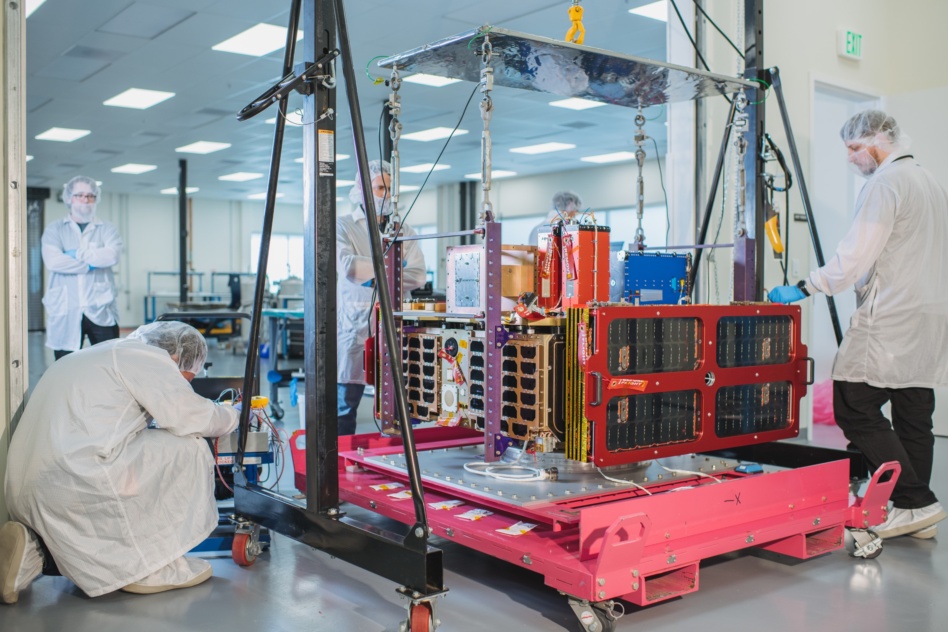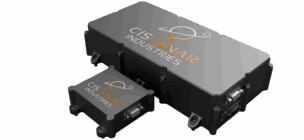Momentus Inc., a CA-based space services company, is teaming up with Solstar to demonstrate the first WiFi hotspot in LEO.
Under the agreement, Momentus will carry Solstar’s Deke Space Communicator aboard its Vigoride orbital transfer vehicle in 2026 to provide narrowband internet connectivity for payloads on the spacecraft.
How it works: Satellites operators typically rely on a series of ground stations to command and control their satellites or downlink data. This system means that there’s a lot of time when a sat is out of touch, since assets can only communicate when they fly overhead.
The local WiFi connection offered by Deke, however, aims to keep payloads aboard the Momentus spacecraft in contact with operators on the ground 24/7, by routing a signal through Iridium’s constellation and providing transmit and receive capabilities at any point on orbit.
X marks the spot: Solstar has been working on space-based WiFi capabilities for over a decade. In 2018, the company’s Schmitt Space Communicator flew aboard a Blue Origin New Shepard mission and provided the connection necessary to post the first commercial tweet from above the Kármán line.
Deke is essentially the same technology hardened to fly in the vacuum of space instead of inside a pressurized capsule, with updated capabilities to allow ground operators to interact with the system.
- The onboard WiFi system opens the door for operators to control satellites and payloads in real-time.
- It enhances communication with other wifi enabled satellites, allowing for better comms during RPO maneuvers.
- The technology also potentially cuts weight on sats by reducing the reliance on wired tech.
What’s next: Both companies hope the 2026 demo will be the beginning of a longer-term partnership.
“I’m thinking optimistically that it will make sense to have [Solstar] on board all of our missions to use it not only for our own needs, but for our customers,” John Rood, Momentus’ CEO, told Payload. “These lower cost, on-demand, flexible capabilities are very attractive because they are continuing the trend, it seems to me, of lowering the barriers to entry in space.”




